[Global Cyber ​​Reporter Chen Jian] In August 2016, Google's third operating system, Fuchsia, was exposed. After a lapse of 9 months, new news finally came out.
Mobile phone operating systems currently occupy the vast majority of iOS and Android, and Microsoft’s WP has almost declared failure. At present, Android has the vast majority of market share, but Google is a type of danger in peace time, in addition to Android and Chrome OS, is developing a new operating system - Fuchsia, this system is used to replace the Android in the future.
At present, Samsung is gradually promoting its own Tizen system. It is said that Huawei is also developing its own Kirin OS system.
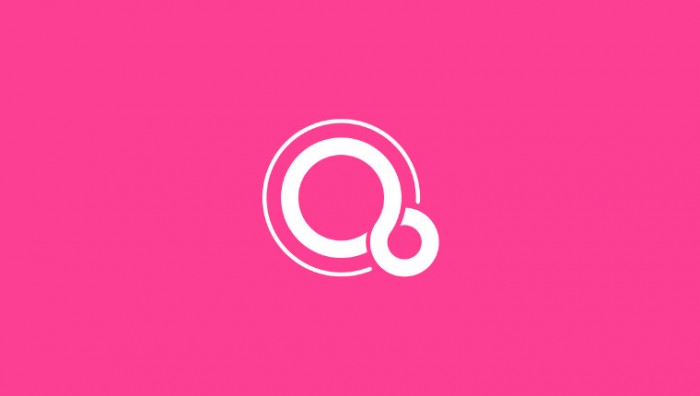
Fuchsia, newly written using different kernels, supports PCs, mobile phones and other smart devices. The voice of the industry generally believes that: The purpose of Fuchsia is to open up PCs and mobile phones. This is an open source, real-time operating system. Fuchsia is not based on Linus. It uses a brand new, microkernel developed by Google called "Magenta." Its UI layer uses the Dart language Flutter; the renderer is Escher; and the application framework Mojo.
Although the Linux kernel is still widely used today, it is old and it was developed in 1991. In the upcoming era of the Internet of Things, the shortcomings of Linux, such as Linux, will be further exposed. It will have more code, which means more loopholes will be needed.

Fuchsia can see that Google's idea of ​​integrating Android and Chrome OS has both the intelligence of Android and the power of cloud computing. Software running data is provided directly by the cloud, liberating mobile phone memory and operating pressure. Although Microsoft's platform-wide strategy is difficult to implement on mobile, it does not prevent Google from considering this as a good idea.
Android system is currently the most users of Tucao points in two aspects, the first is relative to iOS this one is born for the mobile device service system, the user experience is not smooth enough, the second is the third-party vendors for the system update It is far behind the version of Android iteration, and even some companies rarely launch system updates, and often a flagship device can only use two generations of Android.
However, we do not need to look forward to this product at the moment. After all, an operating system has to go through a long period of research and development and we will not meet with us before 2020 at the earliest. For Google, how the new operating system retains developers and users is a big problem, and third-party vendors want to re-optimize the code and do their own adaptation is a big challenge, as a mobile phone manufacturer, if After seizing this opportunity, whoever takes the lead may have a leading chance, but for Huawei’s ambitious companies, it is clear that they must seize the opportunity to launch their own operating systems before they can continue to be held. The nose goes, and for Apple, if Fuchsia is successful, then the threat should be bigger than Android.
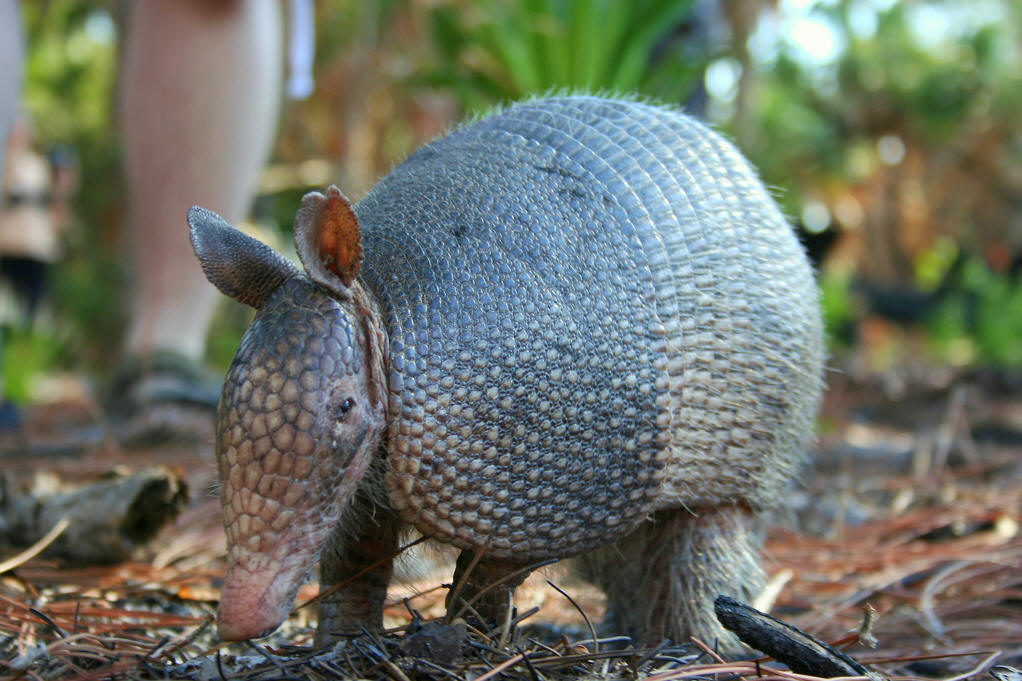
According to foreign media Arstechnica, the Fuchsia system has a very crazy UI design called Armadillo. Take a look at the recently exploded UI design.

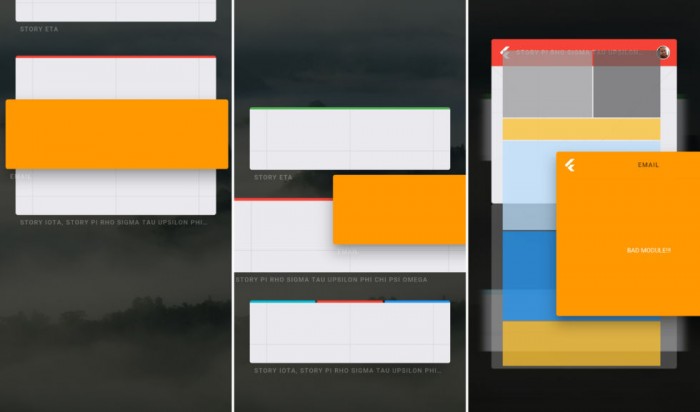





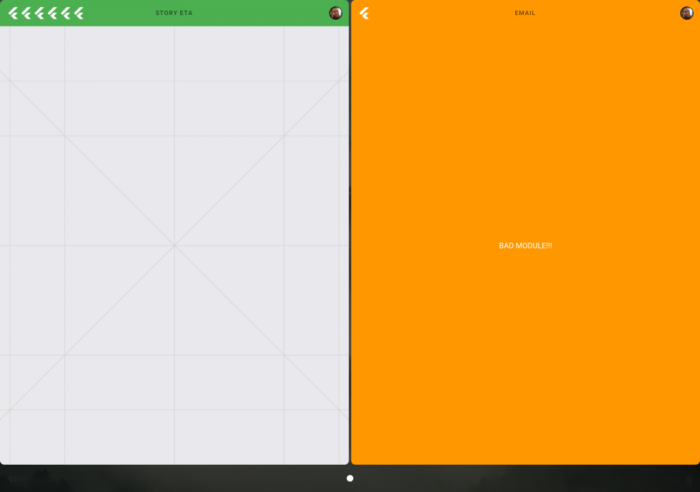
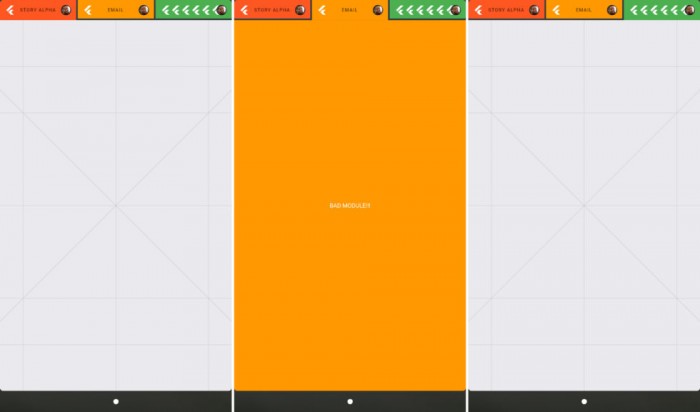

Hydrogel Screen Protector Sheets
Universal Screen Protector, TPU Screen Protector, Hydrogel Protective Film, Mobile Phone Screen Protector, Hydrogel Screen Protector, TPU Protective Film
Shenzhen Jianjiantong Technology Co., Ltd. , https://www.morhoh-sz.com